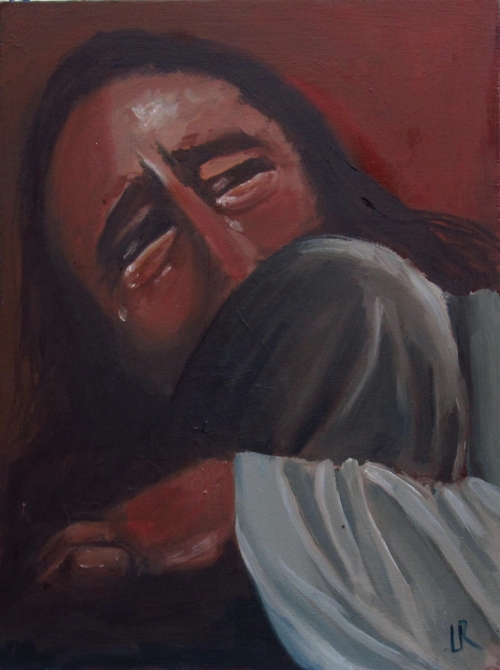
Come and see is a favourite phrase of children. I am often invited to come to a child's room to see something. I know that the child is not asking me to stay at a discreet distance and observe as if collecting data for a report. The child is inviting me to get up close and personal, to sit on the floor and hold each precious toy that is handed to me. The child is inviting me to enter into their world, to join in their experience. I am expected to press buttons that make noises. I am expected to hug a plush animal. I am expected to join in a silly song or dance. I am expected to smell yellow candies in order to tell which is lemon and which is banana, and then plop the mystery candy into my mouth.
To come and see indicates movement; we move from our own situation into another person's context. We become a guest in another person's world. When someone says, "Come and see," they are issuing an invitation to experience what they experience and thus enter into a deeper relationship with them.
At the beginning of the gospel of John [1], two disciples of John the Baptist become curious about Jesus, so they start to walk after him. Jesus stops and asks the two men what they want. They reply that they would like to know where Jesus is staying. In other words, they want to know more about who he is and what he does. Jesus's answer is two verbs: come and see. He invites them to enter into his world and experience it for themselves.
Later in John's gospel [2], we come across this phrase again, but it is not Jesus who issues the invitation. When Lazarus dies, Jesus travels to Bethany to be with Lazarus's family. After greeting the dead man's sisters, Mary and Martha, Jesus asks where the body of his friend has been laid. The group of mourners replies: "Come and see." Jesus weeps, entering into their experience. Jesus gets up close and personal with the grief all around him. He does not hurry past the moment. He does not reassure the mourners that all will be well. He simply accepts the invitation to join in the suffering.
When we respond to an invitation to come and see, to get up close and personal with another person, to experience what they experience, something changes. Jesus invited two men to come and see where he lived. After they spent the day with him, they became his disciples. One of the men was named Andrew, and he wasted no time in asking his brother, Simon Peter, to join Jesus as well. The lives of these three men were changed forever because they responded to an invitation to come and see.
But Jesus is not the only one inviting people to come and see. The invitation goes both ways. Jesus wants to enter into our experience as well. When the mourners invited Jesus to come and see the body of their friend, Jesus paused and wept. We so often rush to the next part of the story, eager to get to the bit where Lazarus is alive again. Jesus did not rush to resurrection, not with his dear friend, Lazarus, and not when it came to his own death. There is no shortcut to entering into the experience of another. It requires vulnerability. It requires de-centring ourselves. It requires patience. It requires surrender. It requires being present for as long as is necessary.
Come and see. The invitation is not to witness something astounding or amazing which will titillate our senses, but to enter into another's experience, to taste and see, to come and touch, to be near, to smell and hear and be present to others in a new way.
What is God inviting you to come and see?
What do you want to invite God to come and see?
---------------
[1] John 1:35-47.
[2] John 11:17-37.
Image: Jesus Weeps by Linda Richardson
What do you want to invite God to come and see?
---------------
[1] John 1:35-47.
[2] John 11:17-37.
Image: Jesus Weeps by Linda Richardson
Comments